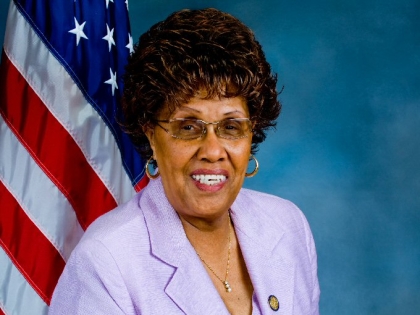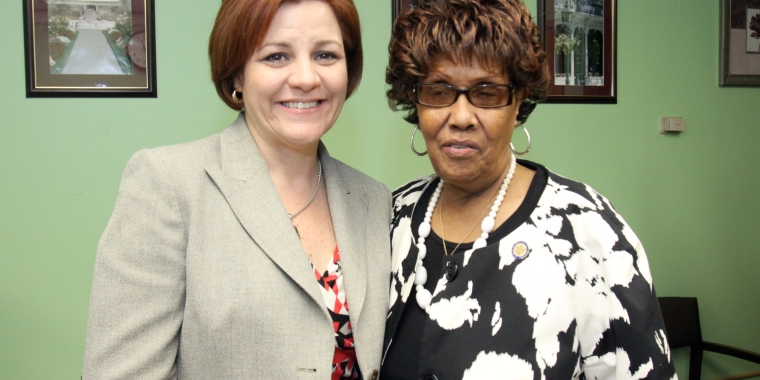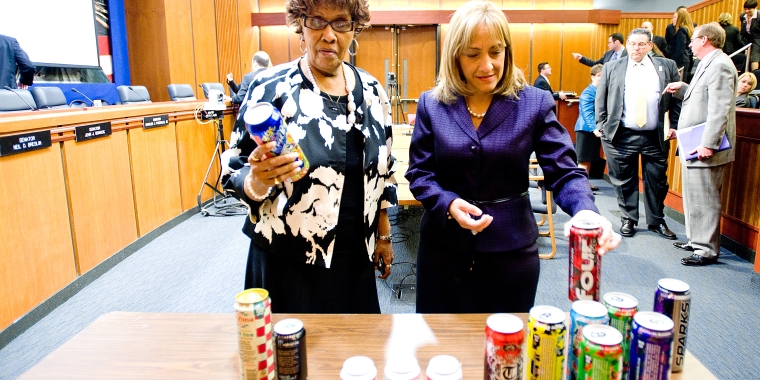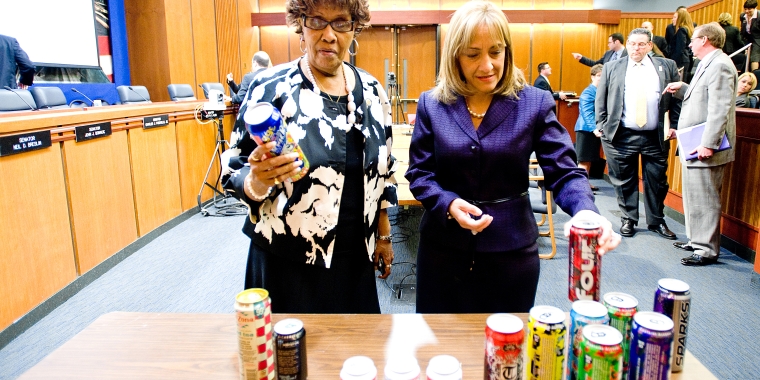
Low Income Home Energy Assistance Program
Shirley L. Huntley
October 27, 2011
News From New York State
Senator Shirley L. Huntley
For Immediate Release: October 28, 2011
Contact: Antonio Rodriguez | arodrigu@nysenate.gov | (518) 455-3531
**PRESS RELEASE**
Senator Shirley L. Huntley Reminds Residents of Energy Assistance Program as Cold Weather Closes In
(D-Jamaica) Before the thermometer drops and fall gives way to winter, Senator Huntley would like to remind New Yorkers of the federal government’s Low Income Home Energy Assistance Program (LIHEAP). This federally funded program helps millions of low income households, particularly those with the lowest incomes that pay a high proportion of household income for energy, in paying their energy bill.
“As energy costs are on the rise and the economy continues to struggle, residents must be informed of helpful programs like LIHEAP to help them through the difficult winter months,” said Senator Huntley. “Heating your home is vital to your health and well-being. A little help can go a long way for struggling families, seniors on fixed incomes and people out of work, in paying energy costs to keep the heat on in their homes.”
Energy assistance is important for staying healthy at home, particularly for the elderly, people with disabilities or young children, as these persons are especially at risk for life threatening illness or death if their home is too cold in the winter. The numbers clearly indicate that LIHEAP is an effective and necessary program, as the average home heating expenditures for LIHEAP recipient households in 2009 was $816, 36 percent higher than the average for low income households and about 29 percent higher than the average for all households. With an average benefit of $450 per recipient, 1.3 million New York households last year received enough assistance to cut their heating costs in half.
In Southeast Queens there is a large number of residential homes compared to neighborhoods in other boroughs that have many apartment buildings. This often leads to houses needing more heat to stay warm than apartments resulting in higher heating costs .With families facing economic hardships, and many seniors on a fixed income, it is important to keep costs as low as possible. Also due to the fact that residents in Queens may have a multiple dwelling home where more than one family resides, heating in the winter is a necessity and LIHEAP program could help families save money.
The senator continued, “If you can’t afford to pay your home energy bill, you can face safety risks. Some people resort to unsafe methods to keep their homes warm, including the use of stoves and improperly vented portable heaters, which are fire and carbon monoxide hazards. We do not want to see people on the streets because they can’t afford to pay their heating bills.”
LIHEAP can provide assistance in several ways, including bill payment assistance, energy crisis assistance, and weatherization and energy-related home repairs. For more information about LIHEAP, visit the New York State office website at http://liheap.ncat.org/profiles/NY.htm, and the federal website, http://www.acf.hhs.gov/programs/ocs/liheap/index.html
For those without internet access, you can call the National Energy Assistance Referral (NEAR) project. NEAR is a free service providing information on where you can apply for LIHEAP. You can speak to someone at NEAR Monday through Friday, from 7 a.m.- 5 p.m. (Mountain Time). The toll-free phone number is 1(866) 674-6327.
Share this Article or Press Release
Newsroom
Go to Newsroom4/12/2011: Senate Committee on Education
April 12, 2011
4/12/2011: New York City Council Speaker Christine Quinn
April 12, 2011

4/12/2011: Public Hearing on Alcoholism and Drug Abuse
April 12, 2011

